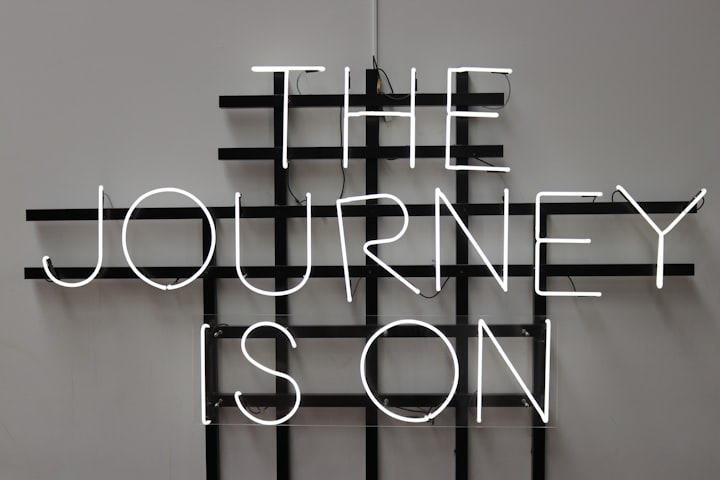
From Cass R. Sunstein and Richard H. Thaler, winner of the 2017 Nobel Prize in Economics, Nudge is the book that changed the way we think about decision-making.
Nudge is about choices - how we make them and how we can make better ones. Every day we make decisions: about the things that we buy or the meals we eat; about the investments we make or our children's health and education; even the causes that we champion or the planet itself. Unfortunately, we often choose poorly. We are all susceptible to biases that can lead us to make bad decisions. And, as Thaler and Sunstein show, no choice is ever presented to us in a neutral way. By knowing how people think, we can make it easier for them to choose what is best for them, their families and society. Using dozens of eye-opening examples and original research, the authors demonstrate how to nudge us in the right directions, without restricting our freedom of choice.
'How often do you read a book that is both important and amusing, both practical and deep? ... A must-read for anyonewho wants to see both our minds and our society working better' Daniel Kahneman, author of Thinking, Fast and Slow
'I love this book. It is one of the few books I've read recently that fundamentally changes the way I think about the world' Steven D. Levitt, co-author of FreakonomicsHot stuff. . . an idea whose time seems to have come -- Bryan Appleyard ― Sunday Times
Probably the most influential popular science book ever written ― BBC Radio 4
Nudge has changed the world. You may not realise it, but as a result of its findings you're likely to live longer, retire richer and maybe even save other people's lives ― The Times
Hugely influential. . . choice architects are everywhere -- Andrew Sparrow ― Guardian
All the rage. . . the issue is not "to nudge or not to nudge", it is how to nudge well -- Matthew Taylor ― Daily Telegraph
I love this book. It is one of the few books I've read recently that fundamentally changes the way I think about the world -- Steven Levitt, author of Freakonomics
This book is terrific. It will change the way you think, not only about the world around you and some of its bigger problems, but also about yourself -- Michael Lewis, author of The Big Short
A must-read for anyone who wants to see both our minds and our society working better. It will improve your decisions and it will make the world a better place -- Daniel Kahneman, author of Thinking, Fast and Slow
Nudge is as important a book as any I've read in perhaps 20 years -- Barry Schwartz, author of The Paradox of Choice
A manifesto for using the recent behavioral research to help people, as well as government agencies, companies and charities, make better decisions ― New York Times
Nudge won't nudge you - it will knock you off your feet -- Daniel Gilbert, author of Stumbling on Happiness
This is a book that every CEO, or aspiring CEO, will want to read -- James Kilts, former CEO of Gillette
I am badly remiss for not heartily, vigorously, unabashedly endorsing for your immediate and intense attention the relatively new Nudge, by Richard Thaler and Cass Sunstein -- Tom Peters, manangement guru
Richard Thaler and Cass Sunstein's Nudge is a wonderful book. More fun than any important book has a right to be - and yet it is truly both -- Roger Lowenstein, author of When Genius FailedThis original edition is still worth reading, despite the fact an updated version is imminent, not least to track how some of the ideas presented have begun to influence public and business policy during the last thirteen years.
Like Khaneman’s ‘Fast and Slow’, this seminal book explores the potentially costly consequences of the unthinking, automatic brain making complex decisions without the the necessary practice experience or feedback. It similarly provides a lexicon of terminology to explore the most common errors of human judgement: anchoring, availability, representativeness and status quo bias.
More importantly the authors provide the individual, public policy makers and private enterprise with strategies to gently move (nudge) rather than compel them into making better decisions in the fields of health, personal finance and the environment. Here is a fascinating discussion of how improved feedback, disclosure and transparency can enable the individual and organisations to make better choices. The protection of default choices is compellingly made as well as a challenge to the free market capitalist notion that limitless choice is good.
The power of choice architecture is convincingly made and its consequences have been felt in the framing of the Brexit referendum question as well as helping to explain the role of complexity in causing the financial crisis of 2008. The concept of choice architecture, salience and loss aversion will have continued relevance in the ongoing battle against climate change and in assessing the world’s response to Covid 19.





Comments
There are no comments for this story
Be the first to respond and start the conversation.